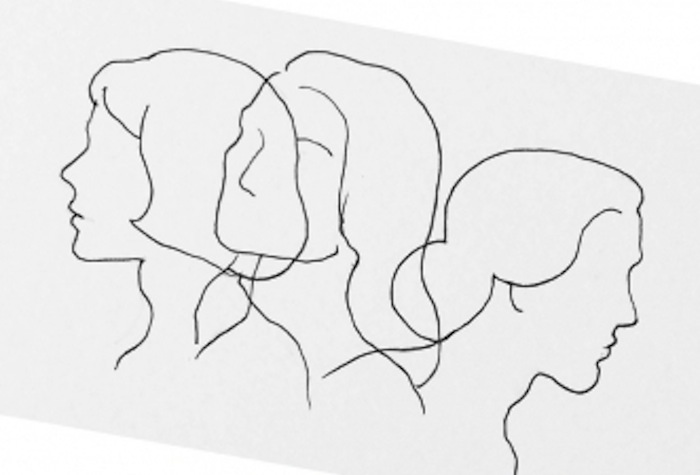An interview with Félicité du Jeu
The actress known from her role as DC Stella Goodman in the BBC drama Waking the Dead set up her own company theatre company to offer employment to mothers working in the industry.
By Suzanne Frost | Updated Mar 21 2023

With little support for women choosing to also have a family, mothers are quickly disappearing from cast and crew but also from the narratives told on stage. Félicité talked to London Calling about what could be done to redress the imbalance.
London Calling: You are a working mother and a working actor. What are you most struggling with?Félicité du Jeu: For every woman in the arts it’s a constant juggle between childcare and work and the question of will the work actually cover the cost of childcare?
LC: Most women in any job have to negotiate career and motherhood but in the arts it seems to be even more precarious.
FdJ: The hours are late so inevitably it will bring childcare issues. This is why I created Pepperbox Theatre Company, because I have so many amazing women around me, not only actresses but in all the different departments in theatre, that have hit the hollow of the wave when they became mothers, including myself. Mainly because of that question of childcare versus work. I just thought this is wrong, there should be more help. I am in deep admiration of all these women I know. It’s not a huge production but hopefully a step in the right direction. I wrote this play to give three very meaty roles to these three actresses who deserve to be on stage. There is a missing age bracket in theatre, because of these issues and also because there is a problem of ageism. Women between 40-50 don’t really feature and if they do, it is in very minor supporting parts, so that was the trigger to do this project. I am happy to say this entire production is female, the director, the actresses, the costume and set designers are all women over 35 and 90% are mothers.
Spiked by Felicite du Jeu
LC: What did you different, how did you organise childcare for your company?
FdJ: If you knew my childcare at the moment…
Very often in the performing arts, there are two self-employed partners in the household. It’s a generalisation but it is often the case. My husband is also self-employed and he has been supporting the project ever since I started writing it 3 years ago. He is helping me out and we are alternating and juggling on a very tight schedule.
LC: What do you think producers or directors could offer to make it easier for parents in the performing arts?
FdJ: First of all the hours. Especially in film often jobs are offered at short notice so you have no time to organise your life. I am aware a whole industry would have to change but that is one of the problems. In big institutions like the National Theatre it should be possible to have some kind of crèche or a babysitter on site so you could leave your children during the performance. This is complete out of the box thinking, but it should also start from a financial point of view with some sort of tax relief. I am not a policy maker but at the root of it, there should be some financial help to cover for childcare. But of course I’m also aware it’s theatre, there’s hardly any funds… it’s a real conundrum.
LC: Not only are mothers missing from cast and crew but also mother’s stories are not being told on stage.
FdJ: Absolutely! That is the second angle I am tackling with my project. I am telling the story of three mothers from my perspective of school gate segregation. How do we tell the stories of mothers but also how do we bring mothers together? I really wanted my story to have a message and the message in “Spiked” is rather than focus on all the cultural differences between people, as mothers, there is so much common ground that surely should be a first step to bring us together.
Felicite du Jeu by Chris Mann
LC: We have seen a number of films recently that put a mother centre stage such as Three billboards and Lady Bird. Maybe something is shifting?
FdJ: Unfortunately, I haven’t had time to see them. That’s what I mean by conundrum, we are always going back to the same question. I haven’t seen those films, I’ve heard they are fantastic, I would love to see them and I will eventually when I find the time. But I think they might be pointing towards a change in attitude because people used to think mother’s stories are not worth telling. There are more and more women in that age bracket that don’t recognize themselves in stories and want to relate and not automatically relate by the negative. I’m hoping that we are beginning to see a change and what I can say for sure - I am speaking to mothers and recording mothers from every walk of life for this project - whenever I talk about my project there is a really positive response to it and there is a real need for mothers to feel represented. I myself would literally go and see a play if I knew that it spoke about mothers because it is a topic of interest for myself that I question and relate to.
Spiked is playing at Pleasance Theatre 16 - 28 April. Tickets are £12.